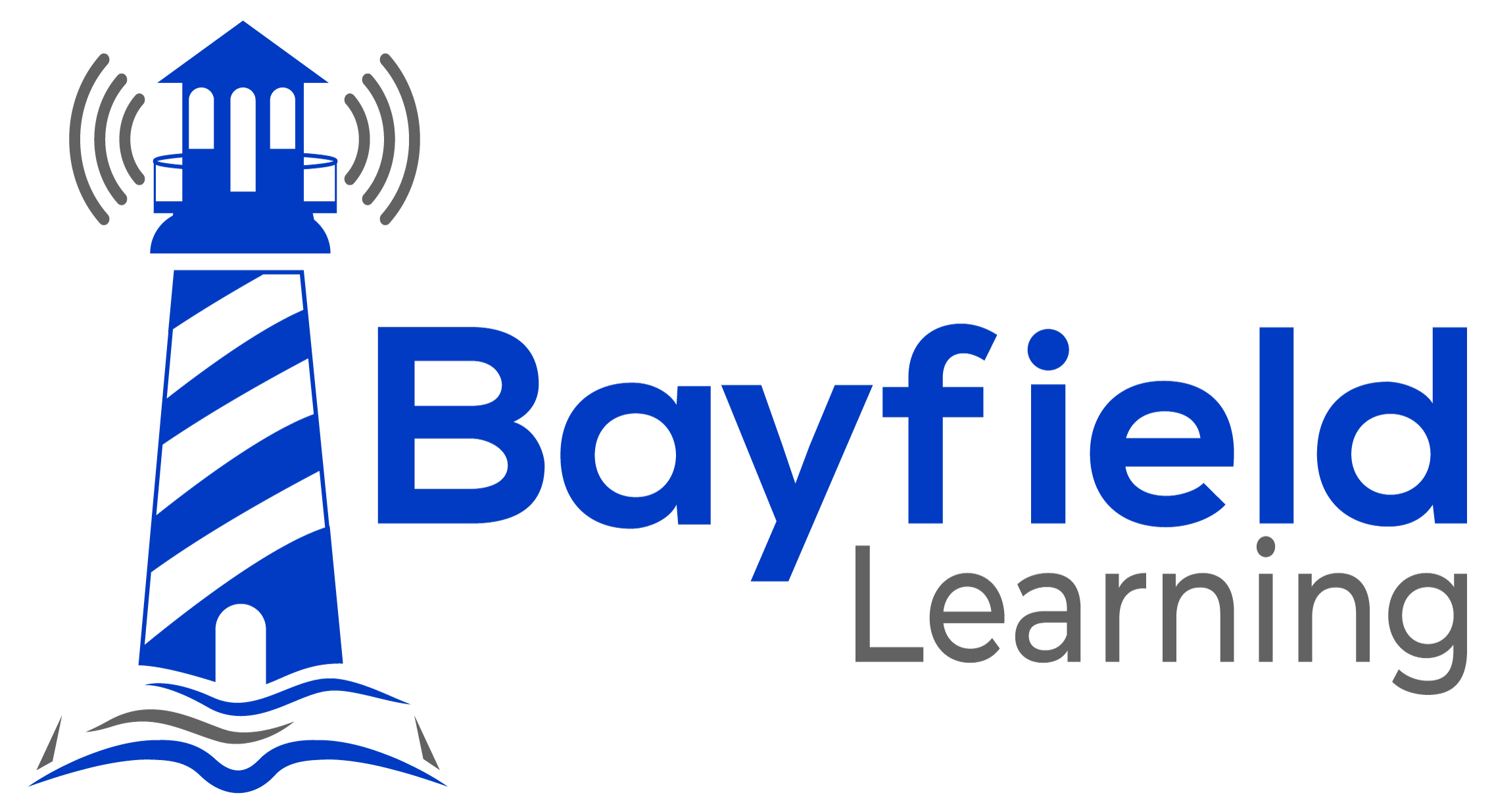English as a Second Language (ESL) tutoring can provide a wide range of benefits for non-native English speakers. Whether you are a student, a professional, or a new immigrant, ESL tutoring can help you to improve your English language skills and achieve your academic or career goals.
One of the main benefits of ESL tutoring is the ability to receive individualized instruction. In a traditional classroom setting, it can be difficult for teachers to provide the same level of attention and support to all students, especially those who are non-native speakers. With ESL tutoring, however, students can receive one-on-one instruction that is tailored to their individual needs and learning style. This can help to improve the effectiveness of the instruction and increase the student’s rate of progress.
ESL tutoring can also help to improve students’ speaking and listening skills. Non-native speakers often struggle with understanding spoken English and expressing themselves verbally in English. With the help of an ESL tutor, students can receive targeted instruction and practice on these specific skills. The tutor can provide feedback on the student’s pronunciation and intonation, help them to expand their vocabulary, and teach them effective strategies for listening comprehension.
ESL tutoring can also help to improve students’ reading and writing skills. Non-native speakers often struggle with understanding written English and expressing themselves in writing. With the help of an ESL tutor, students can receive instruction and practice on these specific skills. The tutor can help the student to develop strategies for reading comprehension, improve their grammar and sentence structure, and teach them effective strategies for writing.
ESL tutoring can also help to increase students’ confidence and motivation in learning. When students feel that they are making progress and seeing improvement in their language skills, they are more likely to be motivated and engaged in their learning. ESL tutors can provide students with positive feedback, encouragement, and support that can help to increase confidence and motivation.
ESL tutoring can also be beneficial for students who are preparing to take the TOEFL, IELTS, or other English proficiency exams. These exams are designed to test the student’s ability to understand and use English at a college or university level. An ESL tutor can provide students with the instruction and practice they need to succeed on these exams, as well as strategies and tips for taking the test.
In conclusion, ESL tutoring can provide a wide range of benefits for non-native English speakers. With the help of an ESL tutor, students can receive individualized instruction, improve their speaking and listening skills, improve their reading and writing skills, increase their confidence and motivation, and prepare for English proficiency exams. If you are a non-native English speaker looking to improve your language skills, consider ESL tutoring as a viable option.

Recent Comments